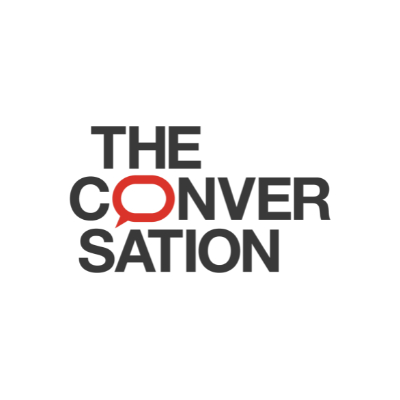 The Conversation Article Rating
The Conversation Article RatingHow state agents target journalists while governments claim to protect them - stark warnings from Mexico and Honduras
- Bias Rating
- Reliability
85% ReliableGood
- Policy Leaning
46% Medium Right
- Politician Portrayal
-65% Negative
Continue For Free
Create your free account to see the in-depth bias analytics and more.
By creating an account, you agree to our Terms and Privacy Policy, and subscribe to email updates.
Bias Score Analysis
The A.I. bias rating includes policy and politician portrayal leanings based on the author’s tone found in the article using machine learning. Bias scores are on a scale of -100% to 100% with higher negative scores being more liberal and higher positive scores being more conservative, and 0% being neutral.
Sentiments
-10% Negative
- Liberal
- Conservative
| Sentence | Sentiment | Bias |
|---|---|---|
Unlock this feature by upgrading to the Pro plan. | ||
Reliability Score Analysis
Policy Leaning Analysis
Politician Portrayal Analysis
Bias Meter
Extremely
Liberal
Very
Liberal
Moderately
Liberal
Somewhat Liberal
Center
Somewhat Conservative
Moderately
Conservative
Very
Conservative
Extremely
Conservative
-100%
Liberal
100%
Conservative

Contributing sentiments towards policy:
59% : Yet the risk to journalists posed by the state has worsened in recent years amid increasing use of spyware, online smear campaigns, and rising levels of anti-media rhetoric.59% : But cartels and gangs are only part of the story when it comes to anti-press violence and impunity in these countries.
57% : In Mexico and Honduras, as in other Latin American countries, the main source of funding is government advertising and other state financial incentives.
53% : Although international organisations, protection mechanisms and pressure can be important tools in the fight against anti-press violence and impunity, they are ultimately limited in impact due to their reliance on the state to comply.
52% : This is a part of a growing trend of "strategic lawsuits against public participation" (Slapps) in Mexico and Latin America, aimed at silencing journalists and other critical voices.
52% : Despite the lack of state protection and all the other challenges, journalists like Padgett and Funes are determined to keep going - investigating their countries' ills, probing the root causes, transforming their profession.
51% : Organised crime groups have deeply infiltrated the fabric of society in many parts of Mexico and Honduras - including politics, state institutions, justice and law enforcement, particularly at a local level.
50% : My research project and resulting book were inspired by my work providing advocacy, practical and moral support for journalists at risk in Latin America for an international NGO between 2007 and 2016.
42% : why waste my time?
39% : Combined with the strings of government advertising, this often results in "soft" censorship of the content that these outlets publish.
35% : Unable to get redress for her torture through the Mexican justice system, Cacho eventually took her case to the United Nations.
28% : Mexico's federal government and army have also carried out illegal surveillance of the mobile phones of journalists and human rights defenders investigating federal government corruption and serious human rights violations on multiple occasions, including by using Pegasus spyware.
*Our bias meter rating uses data science including sentiment analysis, machine learning and our proprietary algorithm for determining biases in news articles. Bias scores are on a scale of -100% to 100% with higher negative scores being more liberal and higher positive scores being more conservative, and 0% being neutral. The rating is an independent analysis and is not affiliated nor sponsored by the news source or any other organization.























